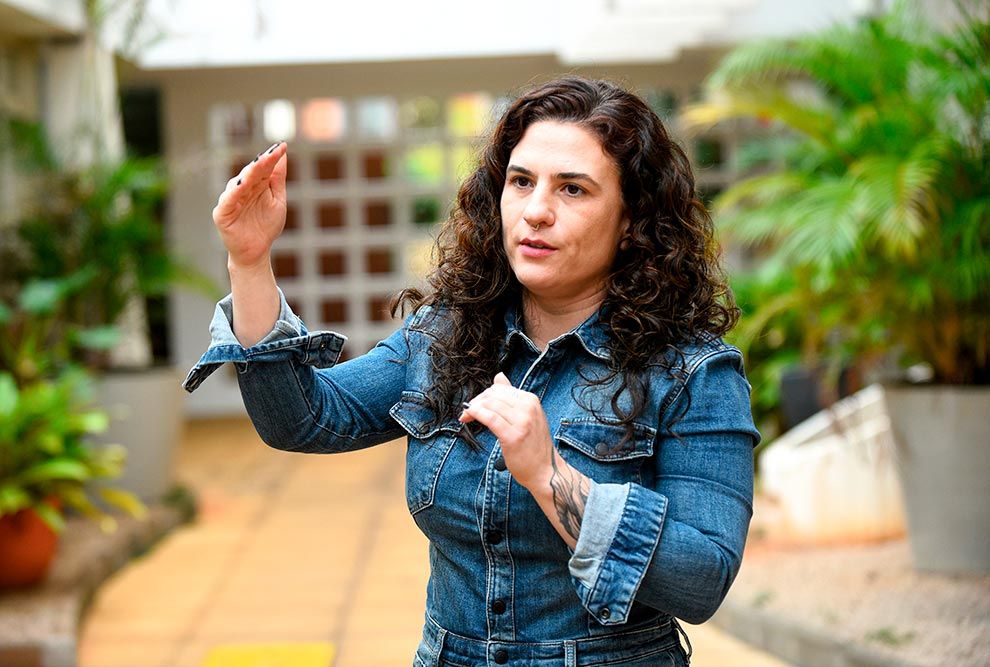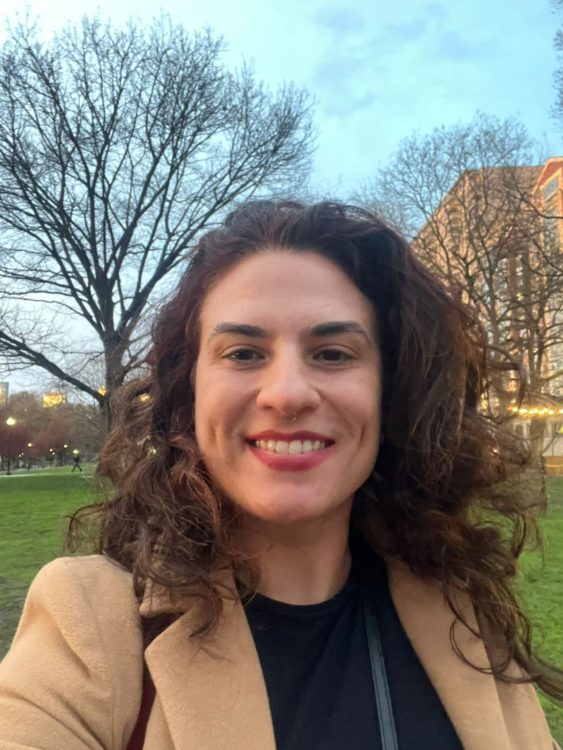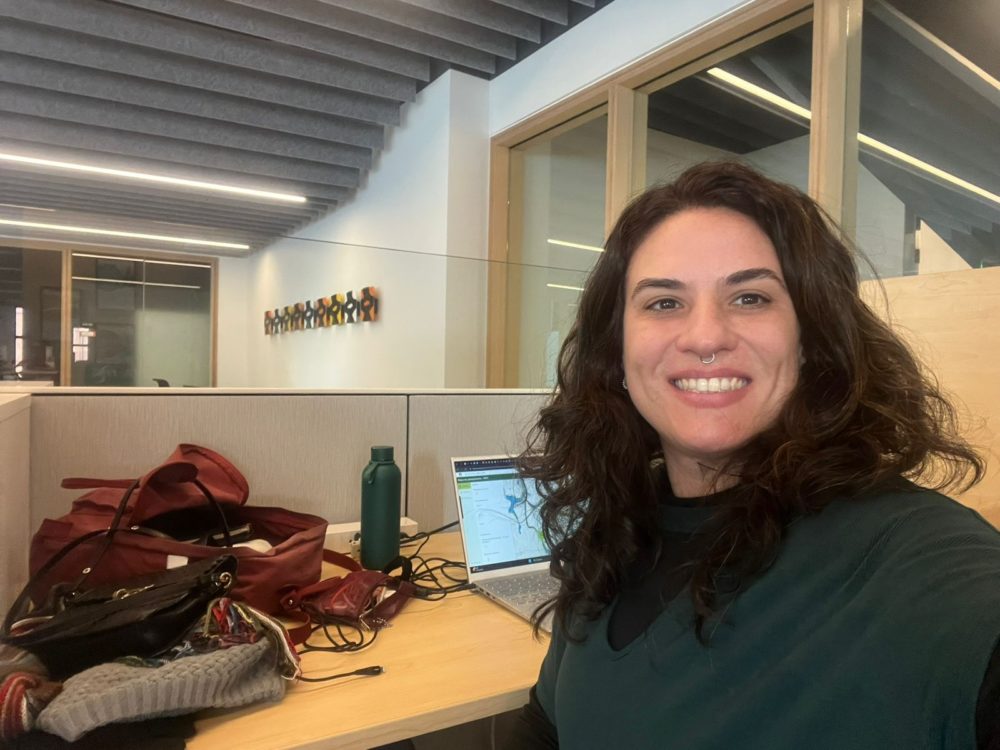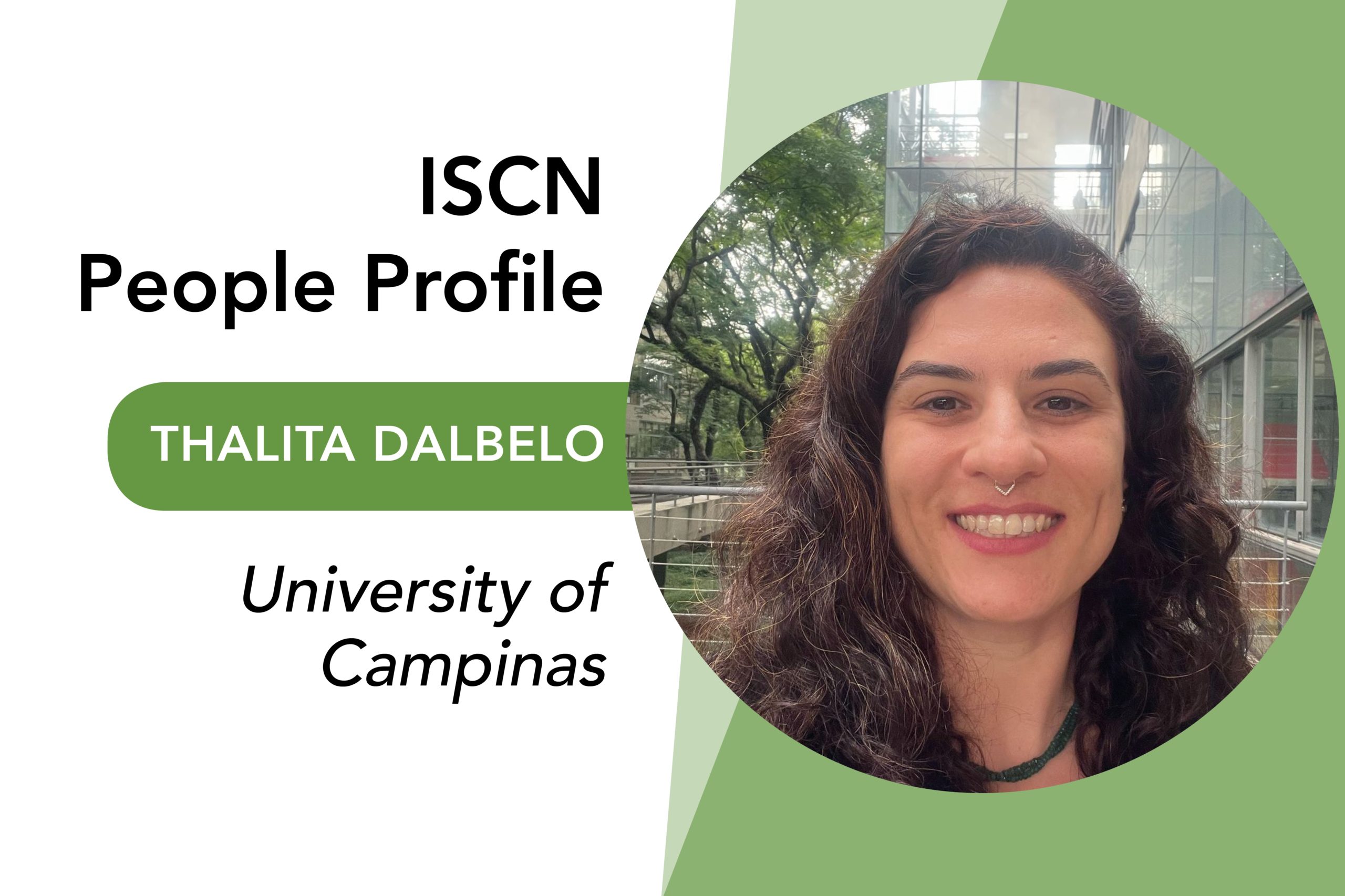Thalita Dalbelo
I am an architect and urban planner with a PhD in urban sustainability from University of Campinas (Unicamp). Currently, I coordinate Unicamp’s Sustainability Office, leading strategies to enhance campus resilience and sustainability, while seeking new challenges that integrate planning, governance, and innovation for transformative impacts in higher education and society.
Big Idea(s) for Advancing Sustainability in Higher Education
What does the world need most right now?
 What the world needs most right now is for universities to fully embrace their role as microcosms of society and drivers of transformation. They are unique spaces where diverse communities converge, innovative ideas are tested, and systemic solutions can be modelled before being scaled up to broader contexts.
What the world needs most right now is for universities to fully embrace their role as microcosms of society and drivers of transformation. They are unique spaces where diverse communities converge, innovative ideas are tested, and systemic solutions can be modelled before being scaled up to broader contexts.
Universities are also where future leaders are formed, gaining not only knowledge but also values of sustainability, equity, and responsibility. Just as crucial is the science generated through academic research, which provides evidence-based pathways to address global challenges such as climate change, public health crises, and social inequality. By advancing cutting-edge research and translating it into practical applications, universities bridge the gap between knowledge and action. When they align education, governance, operations, and outreach with global needs, universities demonstrate that change is possible, inspiring society while preparing new generations to co-create resilient, inclusive, and sustainable futures.
Leadership and Inspiration
What is the best advice you have ever been given?
The best advice I have ever been given is to always work collaboratively and inclusively. No matter how skilled or knowledgeable one person may be, true impact happens when diverse people come together, bringing different perspectives, experiences, and strengths.

Collaboration is not just about dividing tasks; it is about creating an environment where everyone feels valued, heard, and encouraged to contribute. Inclusivity makes the process lighter and more enjoyable because people are motivated when they see their ideas respected. I’ve learned that working in this way not only leads to better results but also builds trust, stronger relationships, and a sense of shared purpose. Challenges feel easier to overcome when carried collectively, and successes feel richer when celebrated together. For me, this advice is a daily reminder that the most meaningful achievements are rarely individual — they are the product of collective effort, openness, and mutual support.
Tenacity and Perseverance
The climate emergency feels like the greatest challenge of our lifetime – what keeps you inspired?
What inspires me most is the belief that my work can contribute, even in a small way, to addressing the climate emergency. In my role coordinating sustainability management at the university, I see the potential of higher education to act as a catalyst for change. Universities are not only centers of knowledge but also living examples of how societies can transform themselves toward more sustainable, inclusive, and resilient futures.

What drives me is knowing that the policies, projects, and collaborations we build today can leave a tangible legacy, shaping both the campus and the mindset of future leaders. On a personal level, I am deeply inspired by the responsibility I feel toward my son and his generation. My hope is to leave behind not only a healthier planet but also a culture of responsibility, collaboration, and care for people and the environment.
Fun Fact
What is a job you have had that would surprise your colleagues?
One job I had that might surprise my colleagues is that I volunteered as a Reiki practitioner in a hospital for children undergoing cancer treatment. It was a very meaningful experience, as it taught me the power of care, empathy, and presence beyond traditional professional roles.
